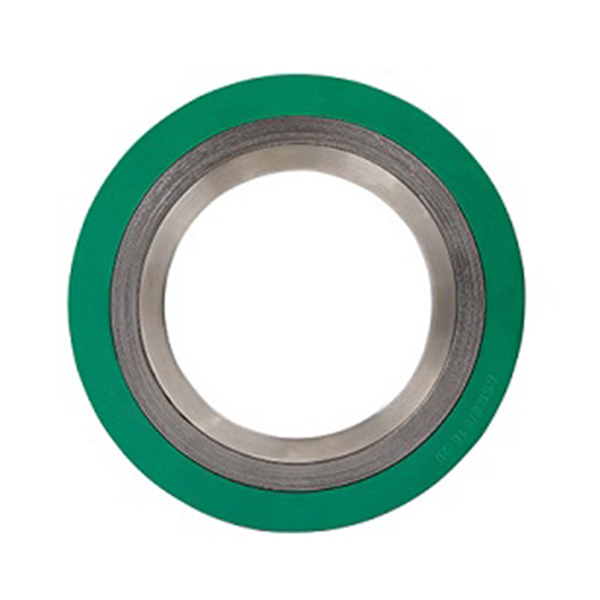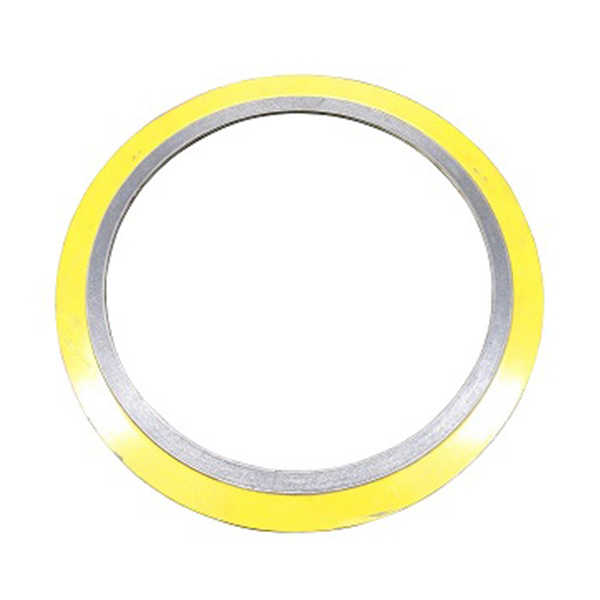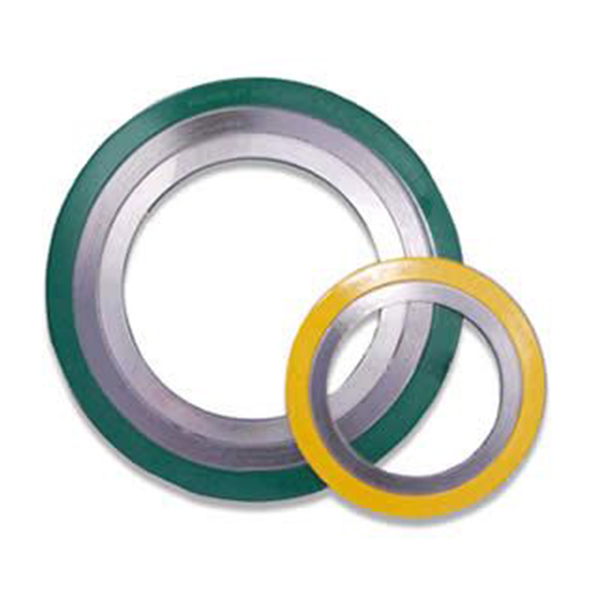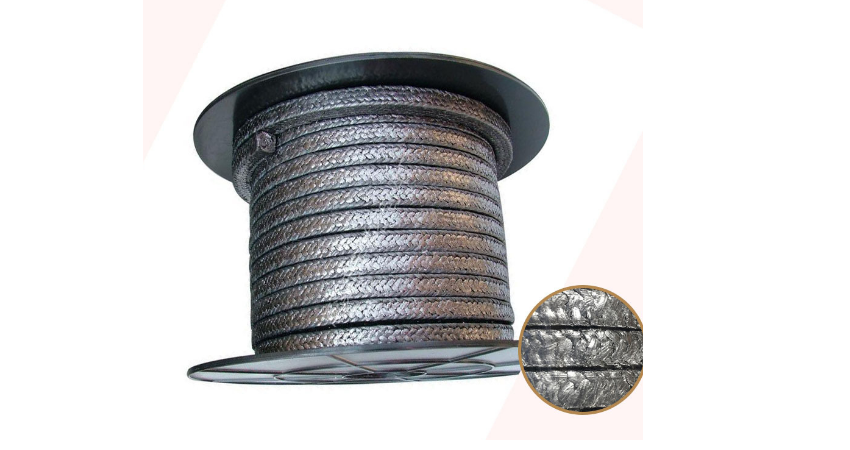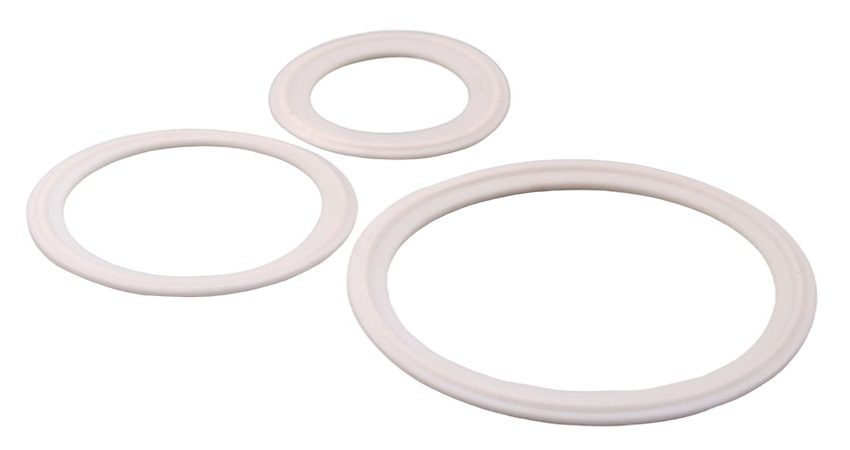Send Inquiry
Contact Info
-
Address
No. 432 Zhenhai Middle Road, Luotuo Street, Zhenhai District, Ningbo City, Zhejiang China
-
-
E-mail
Offers excellent, comprehensive customer service every step of the way. Before you order, make real time inquiries through...


